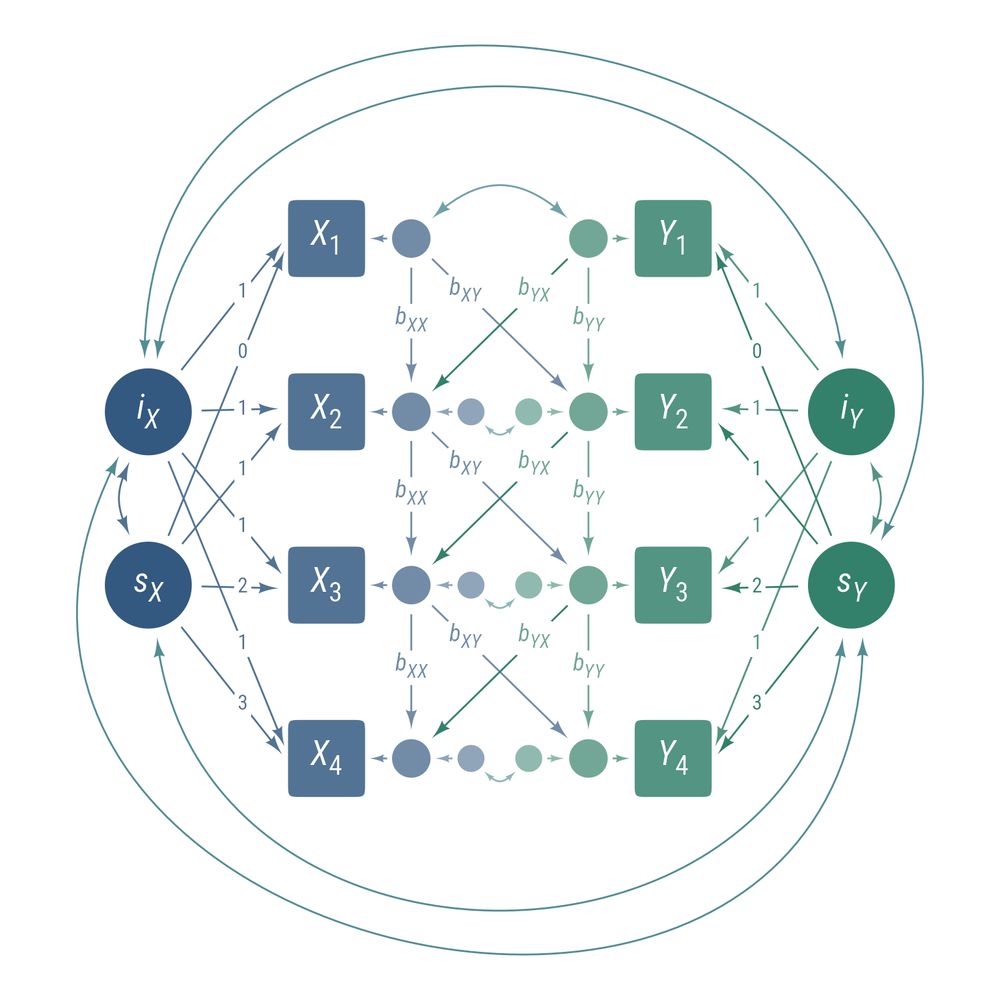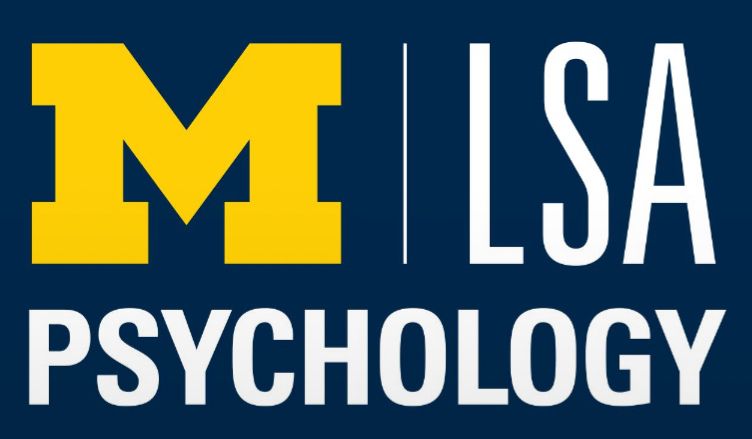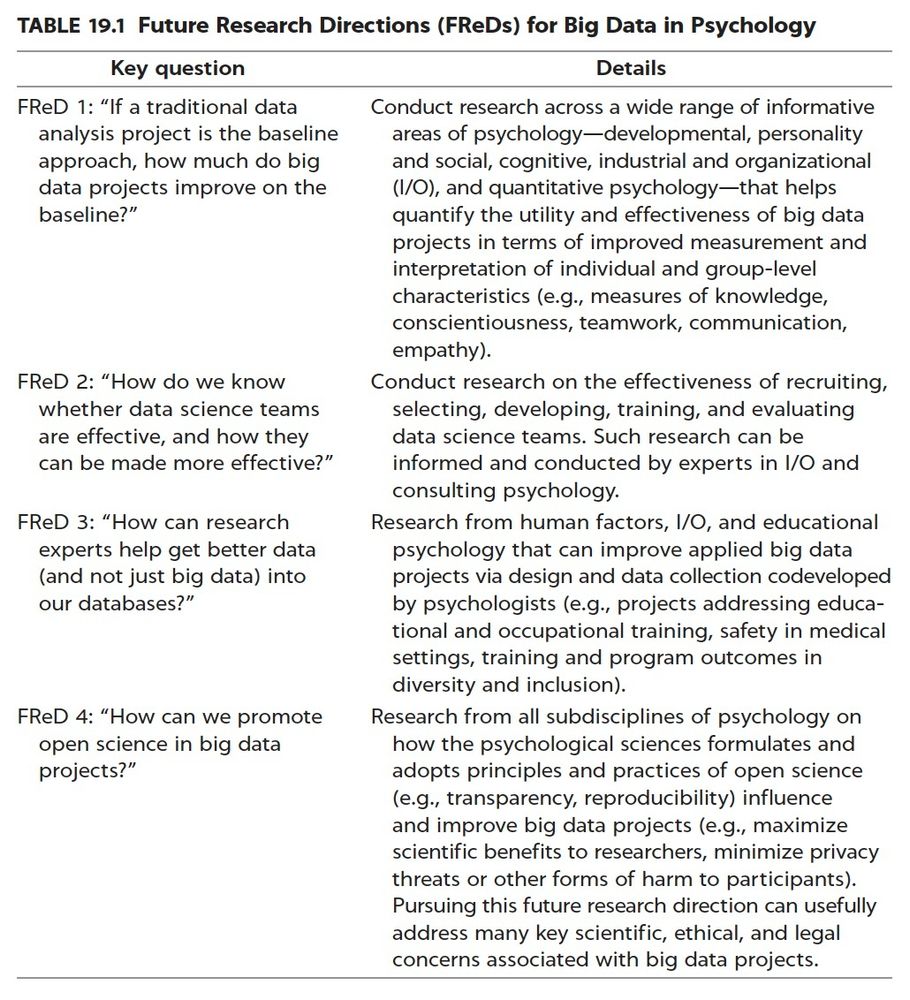
you might find this paper to be useful (Lafleur & Greevy, 2009):
www.tandfonline.com/doi/abs/10.1...
@foswald.bsky.social
I-O psychologist (what is that? http://siop.org); Scrabble(R) player; aspiring raconteur; likes/retweets may-or-may-not-be = endorsement

you might find this paper to be useful (Lafleur & Greevy, 2009):
www.tandfonline.com/doi/abs/10.1...

Andrew R. A. Conway

Michael J. Kane
PS is excited to announce the launch of "Individual Differences in Cognition” (IDIC), an open-access journal on research in cognitive psychology, science, and neuroscience. Co-Editors-in-Chief are Andrew R.A. Conway & Michael J. Kane. Manuscripts accepted this spring. More information coming soon!
22.11.2025 22:09 — 👍 80 🔁 40 💬 0 📌 2If you’ve ever attempted a meta-analysis, you’ll know that authors generally do a poor job reporting statistics. If you do this well, you’ll improve your chances of your work being included in a future meta-analysis.
15.11.2025 07:08 — 👍 39 🔁 14 💬 3 📌 1ergodic - I mean, ermahgerd! :D
13.11.2025 01:01 — 👍 2 🔁 0 💬 0 📌 0and how about where recursive intuitively means not-recursive, and vice-versa :)
13.11.2025 00:51 — 👍 2 🔁 0 💬 0 📌 0how awesome is that?! :)
29.10.2025 11:54 — 👍 0 🔁 0 💬 0 📌 0Psychological Assessment is seeking its new editor, to start receiving manuscripts in early 2027 to prepare for issues published in 2028:
www.apa.org/pubs/journal...
Deadline for accepting nominations is Monday, January 12, 2026, at editorsearch.apa.org
@apajournals.bsky.social

Positive counterprogramming to recent science news
**The OSF is back online with a new interface**
This key milestone makes OSF faster and cleaner. Also, now we can deliver more improvements efficiently and effectively.
Please check it out and send feedback to support@osf.io
osf.io
Interested in models used to estimate lagged effects in panel data? We (@rebiweidmann.bsky.social, Hyewon Yang) have a new paper looking at patterns of stability and their implications for bias and model choice: osf.io/preprints/ps... [1/x]
19.09.2025 13:22 — 👍 25 🔁 12 💬 1 📌 4
this page contains some useful information (links to PDFs): www.siop.org/education/fo...
18.09.2025 21:43 — 👍 2 🔁 0 💬 0 📌 0Keynote speakers: @tuckerdrob.bsky.social @foswald.bsky.social Ellen Hamaker
Hands-on workshops by:
@tedmond.bsky.social & @ukuvainik.bsky.social (genomic analyses)
@dirkwulff.bsky.social (LLMs in personality research)
www.ecp22edinburgh.org/programme
Psychological Methods invites early-career psychologists to apply to be a 2026 Editorial Fellow. This year kicked off our EF program -- it was enriching for the EFs and rewarding for everyone involved. Let's do it again!
For details:
www.apa.org/pubs/journal...
@apajournals.bsky.social
The Department of Psychological Sciences at Rice University, partnering with the Center for African and African American Studies, invites applications for a tenure-track position at the rank of associate or full professor to begin July 1, 2026.
apply.interfolio.com/172829
@ricesocsci.bsky.social
this just out
APA Journals Policy on Generative AI: Additional Guidance
www.apa.org/pubs/journal... via @apajournals.bsky.social

as editor, I'm actually signing the petition myself :)
==
Adopt Registered Reports at Psychological Methods - Sign the Petition! chng.it/wszLWM4KPX
==
e.g., look forward to exploring options for preregistration for the journal
@apajournals.bsky.social
@akmontoya.bsky.social
This is a really great paper - thank you, @dingdingpeng.the100.ci and @vincentab.bsky.social!
25.08.2025 20:00 — 👍 2 🔁 0 💬 1 📌 0
Models as Prediction Machines: How to Convert Confusing Coefficients into Clear Quantities Abstract Psychological researchers usually make sense of regression models by interpreting coefficient estimates directly. This works well enough for simple linear models, but is more challenging for more complex models with, for example, categorical variables, interactions, non-linearities, and hierarchical structures. Here, we introduce an alternative approach to making sense of statistical models. The central idea is to abstract away from the mechanics of estimation, and to treat models as “counterfactual prediction machines,” which are subsequently queried to estimate quantities and conduct tests that matter substantively. This workflow is model-agnostic; it can be applied in a consistent fashion to draw causal or descriptive inference from a wide range of models. We illustrate how to implement this workflow with the marginaleffects package, which supports over 100 different classes of models in R and Python, and present two worked examples. These examples show how the workflow can be applied across designs (e.g., observational study, randomized experiment) to answer different research questions (e.g., associations, causal effects, effect heterogeneity) while facing various challenges (e.g., controlling for confounders in a flexible manner, modelling ordinal outcomes, and interpreting non-linear models).

Figure illustrating model predictions. On the X-axis the predictor, annual gross income in Euro. On the Y-axis the outcome, predicted life satisfaction. A solid line marks the curve of predictions on which individual data points are marked as model-implied outcomes at incomes of interest. Comparing two such predictions gives us a comparison. We can also fit a tangent to the line of predictions, which illustrates the slope at any given point of the curve.

A figure illustrating various ways to include age as a predictor in a model. On the x-axis age (predictor), on the y-axis the outcome (model-implied importance of friends, including confidence intervals). Illustrated are 1. age as a categorical predictor, resultings in the predictions bouncing around a lot with wide confidence intervals 2. age as a linear predictor, which forces a straight line through the data points that has a very tight confidence band and 3. age splines, which lies somewhere in between as it smoothly follows the data but has more uncertainty than the straight line.
Ever stared at a table of regression coefficients & wondered what you're doing with your life?
Very excited to share this gentle introduction to another way of making sense of statistical models (w @vincentab.bsky.social)
Preprint: doi.org/10.31234/osf...
Website: j-rohrer.github.io/marginal-psy...

An arrow with a LaTeX equation

Trigonometric functions and a unit circle

A bivariate change model with structured residuals

A hierarchical model of cognitive abilities
Now on CRAN, ggdiagram is a #ggplot2 extension that draws diagrams programmatically in #Rstats. Allows for precise control in how objects, labels, and equations are placed in relation to each other.
wjschne.github.io/ggdiagram/ar...

The APA is looking for people to join the Open Science and Methodology (OSM) expert panel. Nomination deadline: September 1st 2025.
nomination.apa.org?utm_campaign...

If you just got an email from APA encouraging you to come to this session, YOU SHOULD! Because the "Open Science and Methodology panel member" is ME! Come say hi! Learn about registered reports, and other awesome open science things at APA!
25.07.2025 17:14 — 👍 25 🔁 14 💬 0 📌 0they need to change their seed every morning :)
06.08.2025 12:07 — 👍 2 🔁 0 💬 0 📌 0
The U-M Dept of Psych is hiring! We seek a tenure-track scholar exploring human cognition with generative AI—pushing the boundaries between biological and artificial minds. Apply at lnkd.in/eF2EXmJz
31.07.2025 11:17 — 👍 16 🔁 12 💬 1 📌 0
Speer, A. B., Oswald, F. L., & Putka, D. J. (2025). Reliability Evidence for AI-Based Scores in Organizational Contexts: Applying Lessons Learned From Psychometrics. Organizational Research Methods
journals.sagepub.com/doi/10.1177/...

The new National Academies report on the Science and Practice of Team Science is out today: nap.nationalacademies.org/catalog/2904...
I was very excited to be a part of this group in order to discuss the role of open science in team science.

My most egocentric table by far :D
(Oswald, 2020; from Big Data in Psychological Research, S. E. Woo, L. Tay, and R. W. Proctor, Eds.)

Time for Congress to save American science … and the nation
By John P. Holdren, Neal Lane | June 6, 2025
thebulletin.org/2025/06/time...
And to all I-O psychologists, my support for the Society for Industrial and Organizational Psychology (SIOP) remains stronger than ever :) n/n
28.05.2025 03:09 — 👍 2 🔁 0 💬 0 📌 0...supporting and developing our graduate students, collaborating on interesting research projects, strengthening our networks within and outside the university -- and being kind and thoughtful colleagues. I wish the department continued success and look forward to visiting in the future! 4/n
28.05.2025 03:09 — 👍 2 🔁 0 💬 1 📌 0As excited as I am for this new chapter in my career, I will dearly and deeply miss all my psychology colleagues at Rice University, who over the past 17 years have positively influenced virtually all aspects of my professional life... 3/n
28.05.2025 03:09 — 👍 2 🔁 0 💬 2 📌 0As an industrial-organizational psychologist, I will join a highly collaborative and very productive group of scholars who span multiple disciplines (e.g., education, psychology, economics, and computer science). 2/n
28.05.2025 03:09 — 👍 2 🔁 0 💬 1 📌 0